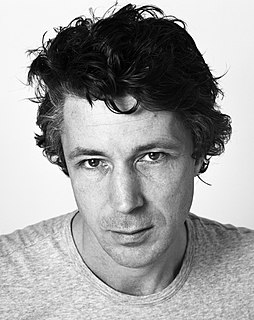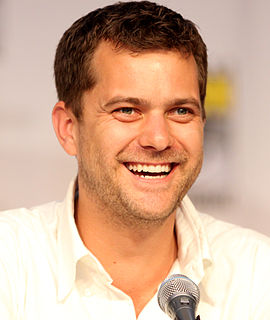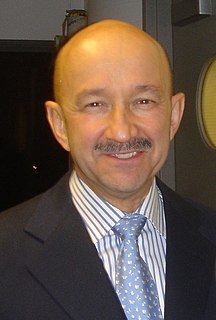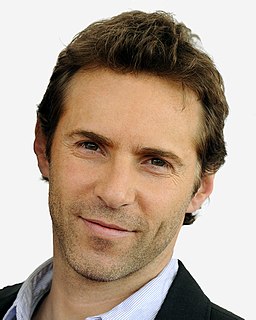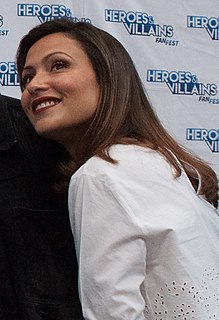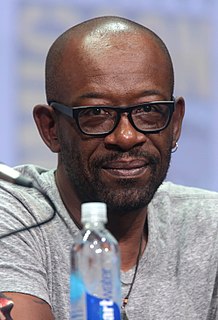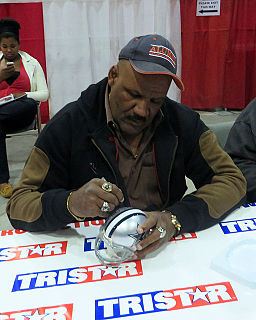A Quote by Aidan Gillen
I've enjoyed working on the TV series that I've worked on, in particular something like 'The Wire,' where there was so much time to tell the story and develop a character. I learned from that that it's best not to lay all your cards on the table straight away.
Related Quotes
Love should not be a guessing game. In fact, it shouldn't be a game at all. One should lay all the cards on the table, and be honest with intentions and feelings. And while some may hide and bluff with their cards, the true winners are those that lay their cards down honestly and find what they are looking for because of it.
When something arrives, you have no idea what's in it, which is good. And then, it's is the story leaps off the page at you and how your character functions within it. There could be just one scene and if it's wonderful, it doesn't matter how much you're working on it because you just want to be in it. It's really about what your character's day to day world looks like, and if you feel like that's something that's complete, and that you'd like to inhabit for awhile. You'll know by a couple of scenes in. If the character grabs you, you run with it.
Ideally I'd like to be working steadily as an actor: movies, a TV series, that sort of thing. I've been through a few different TV development cycles, and they didn't work out. When the time and project are right, it'll come together. Like I tell a lot of guys, it's not a race; there's no finish line.
Does character develop over time? In novels, of course it does: otherwise there wouldn't be much of a story. But in life? I sometimes wonder. Our attitudes and opinions change, we develop new habits and eccentricities; but that's something different, more like decoration. Perhaps character resembles intelligence, except that character peaks a little later: between twenty and thirty, say. And after that, we're just stuck with what we've got. We're on our own. If so, that would explain a lot of lives, wouldn't it? And also - if this isn't too grand a word - our tragedy.
